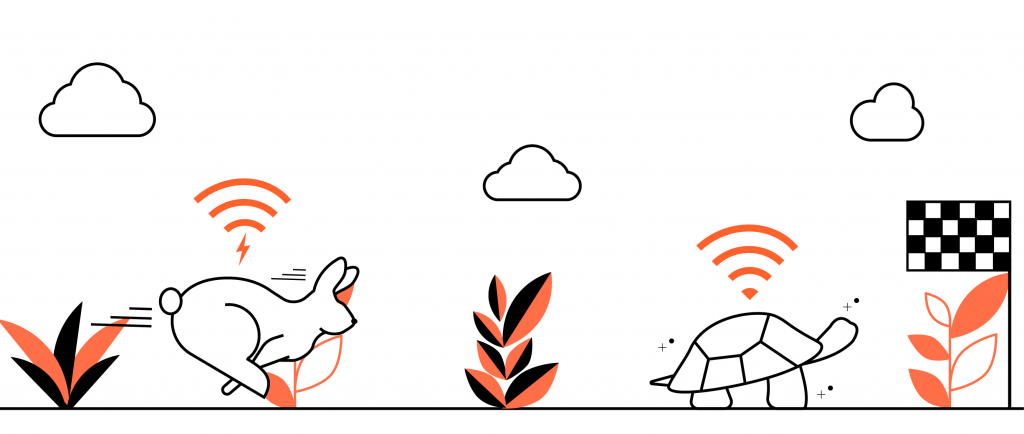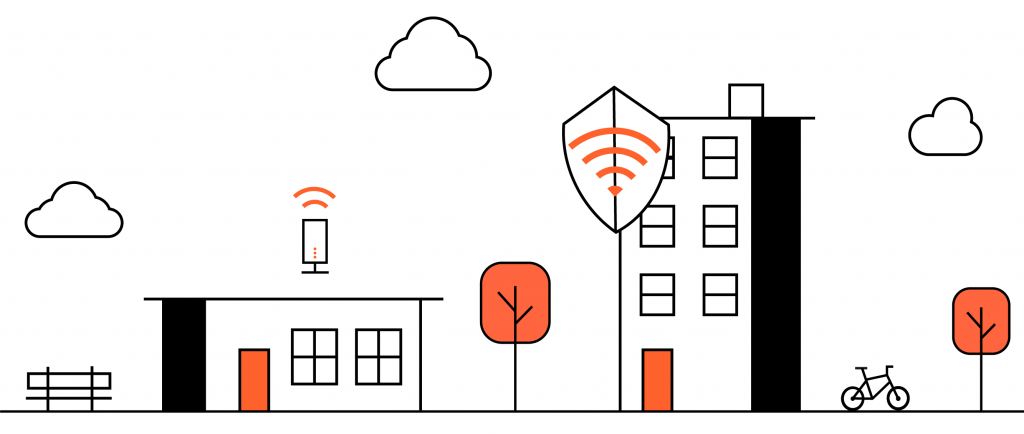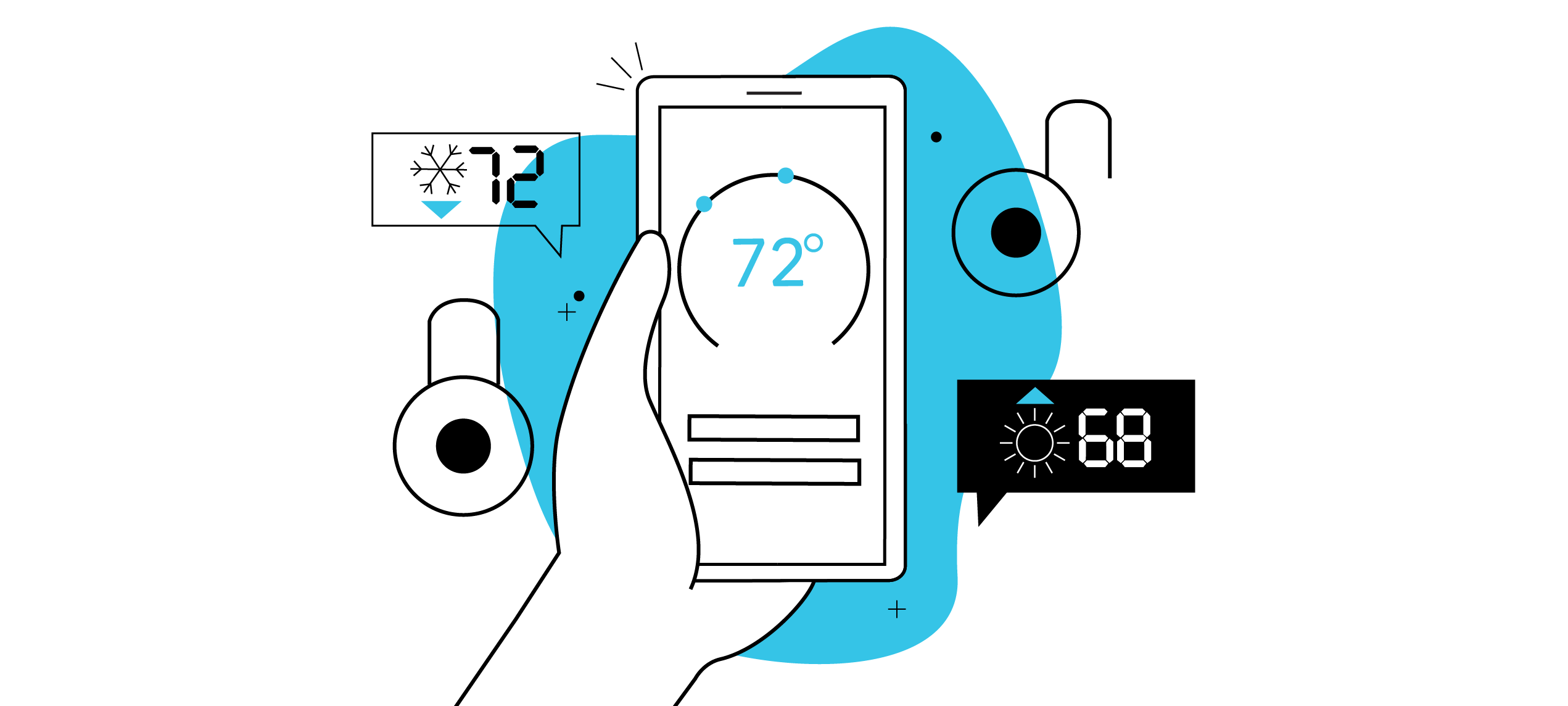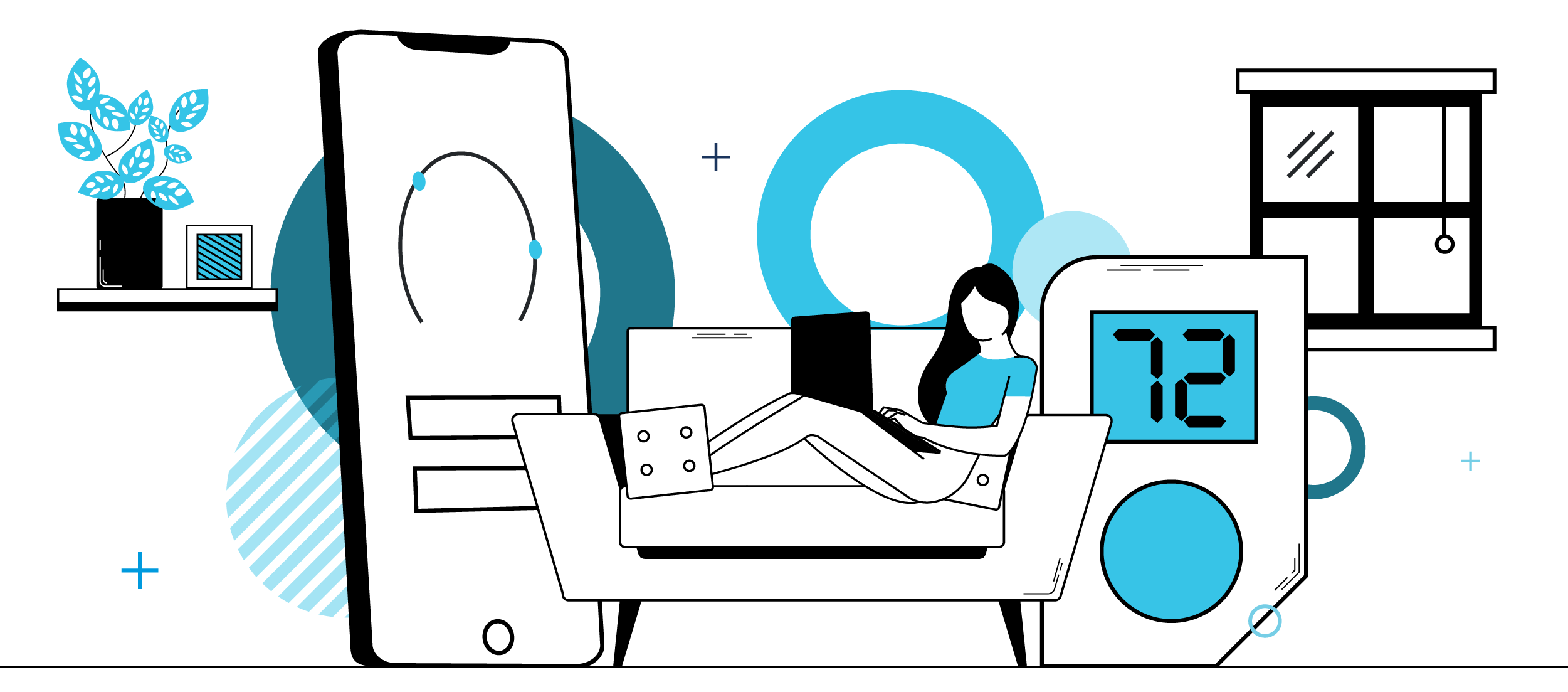The Promise of 1 Gig Internet Speed
What is The Promise of 1 Gig Internet Speed?
As operators, we know our residents depend on having a reliable internet connection for many of their daily activities. Whether they need high speed internet to work remotely, stream, game, or shop, resident’s expect dependable high speed internet across a property’s entire footprint.
So, what exactly is 1 gig and is it high speed internet?
The definition of high-speed internet is subjective, but at its core, it means really fast WiFi. According to a 2019 nationwide survey by TechRepublic, the average internet speed was 50.2 Mbps. Typically, an internet speed in the 100-200 Mbps range is considered fast. It is important to keep in mind that faster internet speeds does not mean more devices can be connected to the internet at once. If multiple device connectivity is a concern, you will need a greater bandwidth.

How fast is 1 gig internet?
First, let’s understand what one-gigabit internet means. In literal terms, 1 gigabit internet means download speeds of 1 billion bits per second or 1,000 Mbps per second. Of course this speed sounds impressive and an upgrade from the speeds we are used to but, there are many other factors to consider. Things such as bandwidth, latency, device limitations, data limits, and more.
Is 1 gig internet good?
All bets are off when trying to guarantee an internet speed. There are so many other factors to consider. One of the most impactful being equipment/device limitations. Just because there is the possibility of reaching 1 gigabit internet, does not mean your laptop or other devices were built to handle that speed. Along the same thought process, not all network equipment is built to handle that WiFi speed. It is important to educate consumers on the difference between a wired ethernet connection and a WiFi connection and how a wired connection tends to be more stable therefore able to operate at a more consistent promised speed than a wireless connection. Latency and lagging also matter. Latency is measured in milliseconds and it measures the delay in data transfer; simply put, the delay or time it takes to send information from one source to its destination. True internet speed is determined by a combination of both latency and bandwidth. While many major internet service providers are offering some variation of 1 gigabit internet, simple speed tests will show that most if not all are not reaching that promised speed due to many of the limitations we just discussed.

Think about your residents first:
Think less about providing the fastest internet speeds and more about the resident’s needs and overall experience. Residents need a reliable, robust, and dependable internet service. You can still provide your residents with competitive high speed internet without overpromising on unattainable speeds and under-delivering. Here at Quext we have found that providing residents with a simple telecom platform that was purpose-built for the apartment industry is the way to go. This provides residents with a property-wide network, requires only a simple installation, and increases the property value. To learn more about this solution, check out the Quext Connect, our apartment internet solution.


